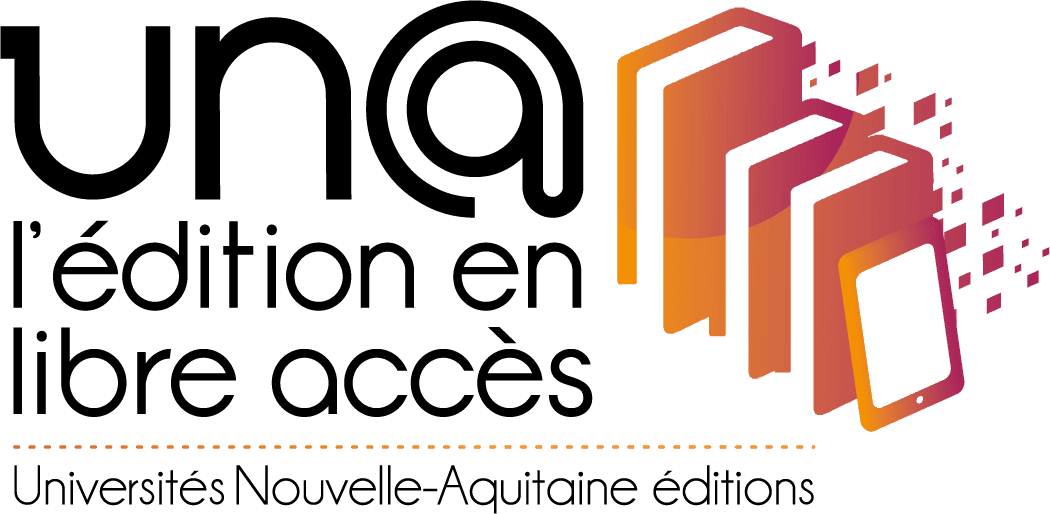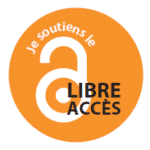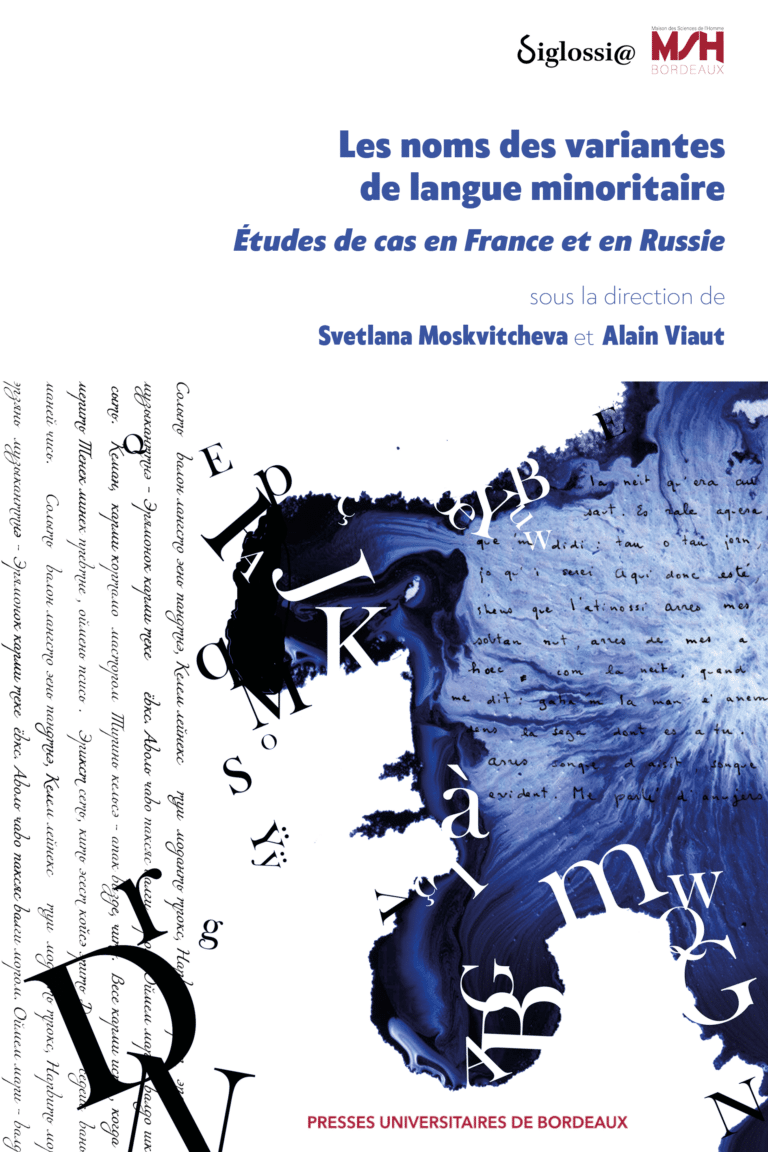Résumé
Ce chapitre porte sur la mise en œuvre de la politique d’État dans l’enseignement en Russie dont les changements ont été conditionnés par des facteurs objectifs de l’évolution de la société post-soviétique. Les changements socio-économiques de la société russe furent à l’origine de nouveaux besoins éducatifs pour la protection et le développement des langues natives des peuples de la Fédération de Russie. Ces langues sont considérées comme un facteur essentiel de la transmission et de la diffusion de la culture ethnique. Or des processus de changements sociétaux ont profondément marqué certaines Républiques de la Fédération. Afin de mieux appréhender la situation contemporaine, il est aussi tenu compte des différentes périodes de l’histoire soviétique de la société russe.
Mot clés : langues natives des peuples de Russie, statut des langues, enseignement secondaire, époque soviétique, période post-soviétique.
Rethinking the statutory namings of the languages of the peoples
of Russia in the organization of education
Abstract
This chapter deals with the implementation of state policy in education in Russia, the changes of which were conditioned by objective factors of the evolution of post-Soviet society. Socio-economic changes in Russian society gave rise to new educational needs for the protection and development of the native languages of the peoples of the Russian Federation. These languages are considered an essential factor in the transmission and spread of ethnic culture. However, processes of societal change have deeply marked certain Republics of the Federation In order to better understand the contemporary situation, account is also taken of the different periods of Soviet history of Russian society.
Keywords: native languages of the peoples of Russia, status of languages, secondary education, Soviet era, Post-Soviet era.
К вопросу о статусных номинациях языков народов России в области организации образования
Аннотация
В главе описаны периоды изменения реализации государственной образовательной политики, обусловленные объективными факторами постсоветского этапа развития общества. Социально-экономические изменения в российском обществе определили появление новых образовательных потребностей в части сохранения и развития родного языка из числа языков народов России, как фактора передачи и трансляции культуры народа. Эти процессы ярко проявлялись в ряде республик (государств) Российской Федерации. Частично описываются периоды советского этапа развития российского общества, что необходимо для понимания современной ситуации.
Ключевые слова: родные языки народов Российской Федерации, статус языка, общее среднее образование, советский период, постсоветский период.





